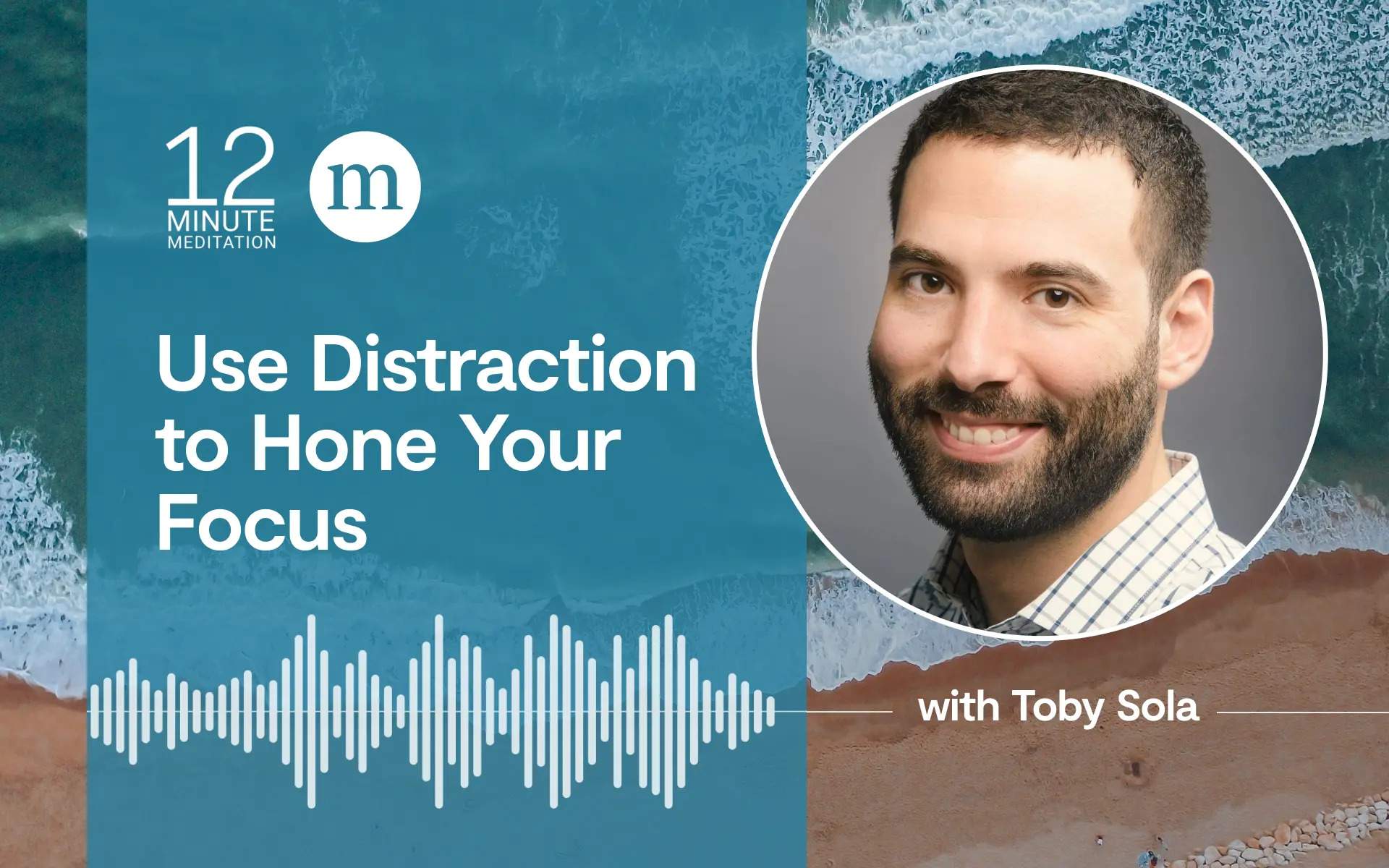In a culture that increasingly asks you to move faster and do more to be effective, the idea that what you actually need to do is stop seems counterintuitive. Now, I don’t mean to stop for the sake of stopping. What I am talking about is the need to train yourself to take a pause (I call them purposeful pauses). When you begin to routinely take a few moments to intentionally stop, you can begin to notice when you are living your life on autopilot. And, you can begin to notice when you are, in fact, not bringing your best self to those things in your life that are most important—at work and at home.
For most of us, until we stop, we don’t even realize that this person masquerading in our skin is not living the life we had imagined, or making decisions aligned with our deepest held beliefs and principles. Over time, life happens and if we are not awake, we can be missing out on the possibilities to live that imagined life.
Are You On Autopilot?
In small ways and over time, we get pulled along into the relentless need for greater, and more, and bigger, and better. And along the way, we lose sight of the reasons we chose to join this organization, or do this work, or volunteer, or even have a family. But, when we take a pause, when we allow the dust to settle, we can begin to see that there is another way of being with the chaos and complexities that surround us. We are able to put down all the ways we distract ourselves from truly living in this moment. And it is then that we can begin to step off the autopilot and begin to make more conscious choices.
If you want to lead with excellence, you need to more consistently make choices that are not reactive but responsive. Choices that are creative and compassionate, and choices that sometimes require grit and courage. These are often the choices made by leaders who have found the winning approaches to business that are good for the company, good for the employees, and good for society (I call these choices “win-win-wins”). All over the world, companies have become involved with social issues in meaningful ways. Win-win-win ideas also have shown up as initiatives related to sustainability, corporate responsibility, or fair wages.
But when we are on autopilot and not fully attentive to what is here in our lives to notice, there is no space to find these win-win-wins. This is why we need to put a few purposeful pauses into our days. A few breaks in the non-stop busyness to allow the mind and body to stop and pay attention.
Purposeful pauses allow us to be more fully present, and that presence is felt by those around us—it feels like respect, true collaboration and caring.
The alternative is to live a life that is robotic and it often shows up in our organizations as employee disengagement. There is nothing that will lessen the potential of an organization more dramatically than an apathetic workforce. And, when we are robotic, what is the effect on our ability to connect with our colleagues, customers, patients, or clients? We are physically in the same room but so distracted by our busyness that we might as well be in the next county.
Purposeful pauses allow us to be more fully present, and that presence is felt by those around us—it feels like respect, true collaboration, and care. Lack of presence is also felt.
How to Add Purposeful Pauses to Your Work Day
Adding a few pauses into your day allows you to be more present, to recharge your mind and body, and to cultivate the spaciousness for some new ideas. Here’s how:
1. Choose some activity that you do every day—walking to your desk, for example, or filling your water bottle.
2. Be present for the activity. Each day when you walk to your desk or fill your water bottle, make it a purposeful pause by staying focused on the activity—notice your feet striking the ground, the air on your skin, the colors of the walls, the people you pass, the sounds you hear. Notice them, but don’t get carried away by them.
3. Be kind to your wandering mind. Each time your mind tries to carry you into the future or the past with ruminations, to-do lists, planning for tomorrow, or judgments, redirect your attention to the present moment, the experience of walking to your desk or filling your water bottle. This redirection brings you back to the present moment, the only moment you can affect.
Taking time to notice the present moment and redirect your mind back to the present when it wanders, trains your brain to recognize when you’ve defaulted to acting on autopilot. As you engage in this mind training on a daily basis, you will begin to notice how often you are not being present for your life. And in that noticing lies the seeds for choosing to do something different. Purposeful pauses don’t add time to your schedule so why not make them a habit? What you notice may astound you.
Read More
Mindful Working: The Best Practices for Bringing Mindfulness to Work
Leading companies from Verizon to Google are bringing mindfulness into their company cultures. Here’s why they’re investing in employee well-being, creativity, and stress management.
Read More
Guided Meditation: Use Distraction to Hone Your Focus
In this week’s guided meditation, mindfulness teacher and designer Toby Sola shows us how we can use what distracts us to strengthen and sharpen our attention.
Read More
Tune In to Your Body With This 10-Minute Body Scan Meditation
Explore this guided practice to calm your mind, notice sensations in the body, and bring awareness to the present moment.
Read More
Let It Go: How to Practice Forgiveness
Learning how to practice forgiveness takes time. Here are 11 simple ways to forgive, heal, and move on.
Read More









